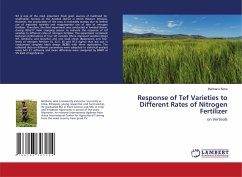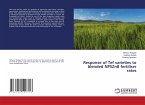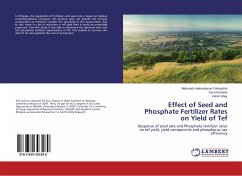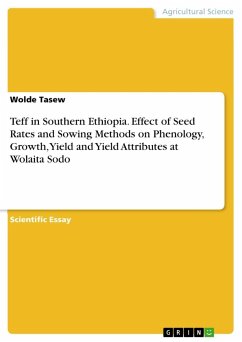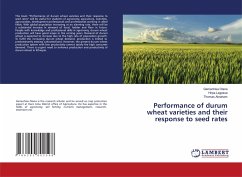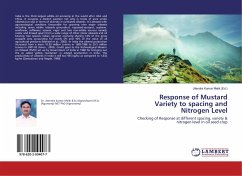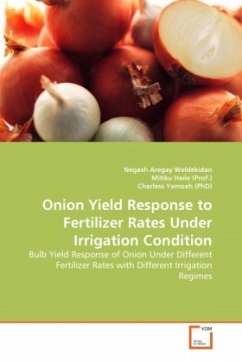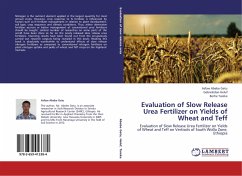Tef is one of the most important food grain sources of livelihood for smallholder farmers of the Aneded district in North Western Ethiopia. However, the productivity of the crop is noticeably stumpy due to limited use of improved varieties and inappropriate use of rate of nitrogen fertilizer. Therefore, the field experiment was conducted in Aneded district during 2016/17 main cropping season to evaluate the response of tef varieties to different rates of nitrogen fertilizer. The experiment contained factorial combinations of four tef varieties [three improved varieties (Dega Tef, Gimbichu and Quncho) and one local check (Basomure)] and four levels of nitrogen fertilizer (0, 32.5, 65 and 97.5 Kg/ha) that laid out in randomized complete block design (RCBD) with three replications. The collected data on different parameters were subjected to statistical analysis using SAS 9.1 software and mean difference were compared by DMRT at 5% level of significance.
Bitte wählen Sie Ihr Anliegen aus.
Rechnungen
Retourenschein anfordern
Bestellstatus
Storno

